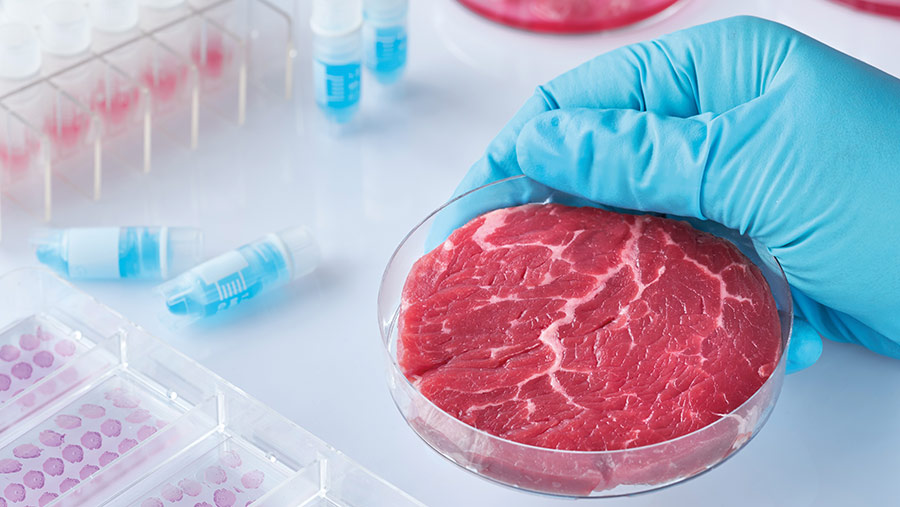New testing method is ‘game changer’ in fighting food fraud
 © tilialucida/Adobe Stock
© tilialucida/Adobe Stock A new testing method designed to verify the origin of certain food products has achieved 100% accuracy in a research project led by the Institute for Global Food Security (IGFS) at Queen’s University Belfast.
Scientists at the university hailed the method as “potentially game-changing” in the fight against food fraud, saying it has the potential to be applied across the whole of the global food supply chain.
The study findings, published on Thursday (8 June) in the journal Nature Communications, found that fusing the data from two different scientific testing methods and coupling that with artificial intelligence resulted in much greater accuracy compared with any single method currently available.
See also: Farmers Weekly convenes Meat: Our Expectations roundtable
The study used salmon as a case study, sourcing more than 500 samples from both farmed and wild producing regions in Alaska, Norway, Iceland and Scotland.
Fish is vulnerable to mislabelling and other types of food fraud, and the researchers were keen to come up with new, reliable ways of testing fish authenticity.
Study lead author Yunhe Hong said this new, innovative approach greatly improves the ability to correctly identify the geographical origin and production method of salmon – and it has the potential to be applied to many other food authenticity applications, including meat, to better ensure authenticity and combat fraud.
Co-author Prof Chris Elliott added: “Science will play an increasingly important role to deter criminals and detect fraud.
“This study is the latest innovation from the team at IGFS and we are proud to help protect businesses and consumers from potential food safety and fraud risks.”
Food fraud is increasingly common, with highly organised crime estimated to cost tens of billions of pounds globally each year and about £10bn each year in the UK.
A recent special investigation by Farmers Weekly uncovered mass food fraud involving rotten and mislabelled meat at a large UK processor in the pork supply chain, supplying supermarkets.
Our Meat: Our Expectations campaign is seeking support from organisations across the supply chain to stamp out food fraud.
